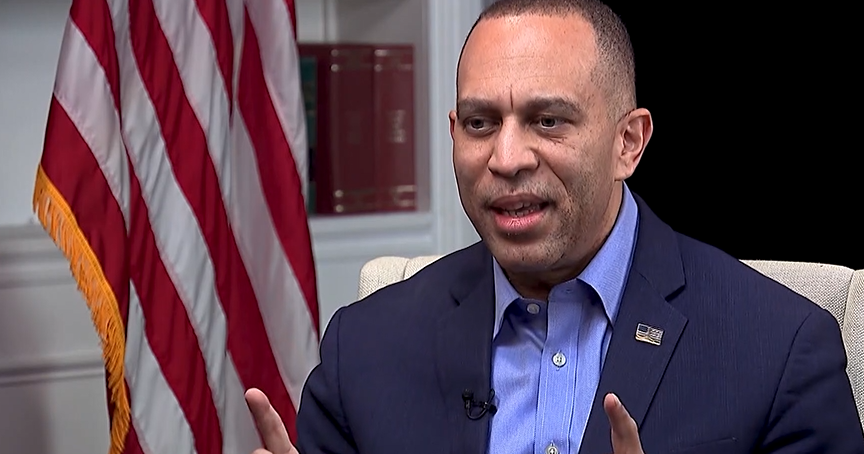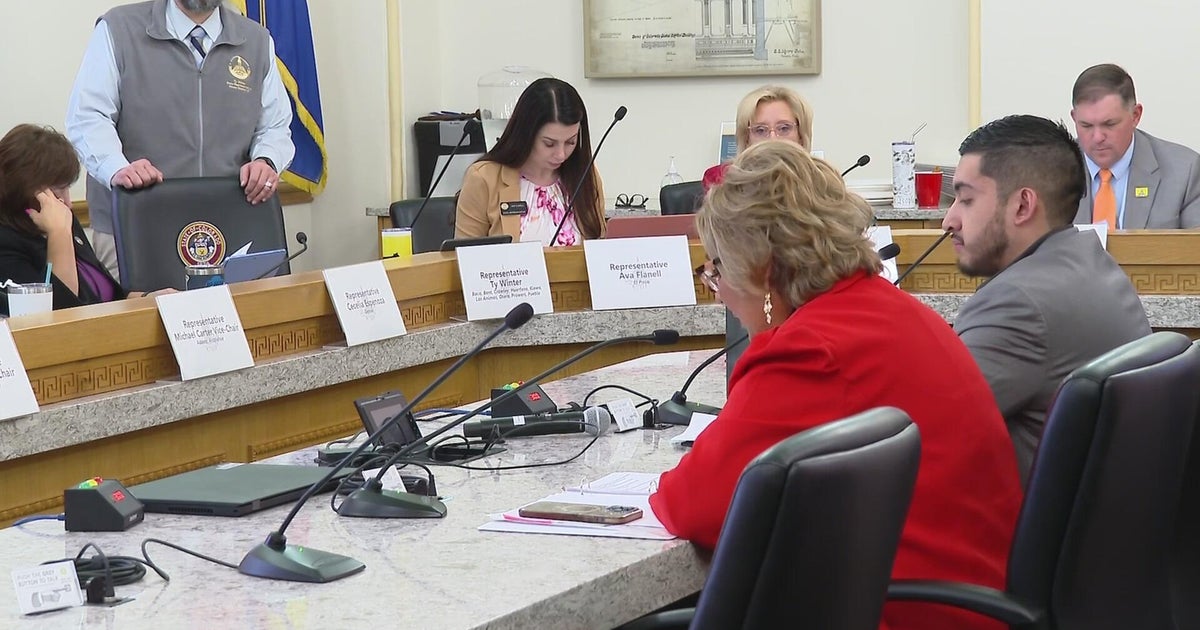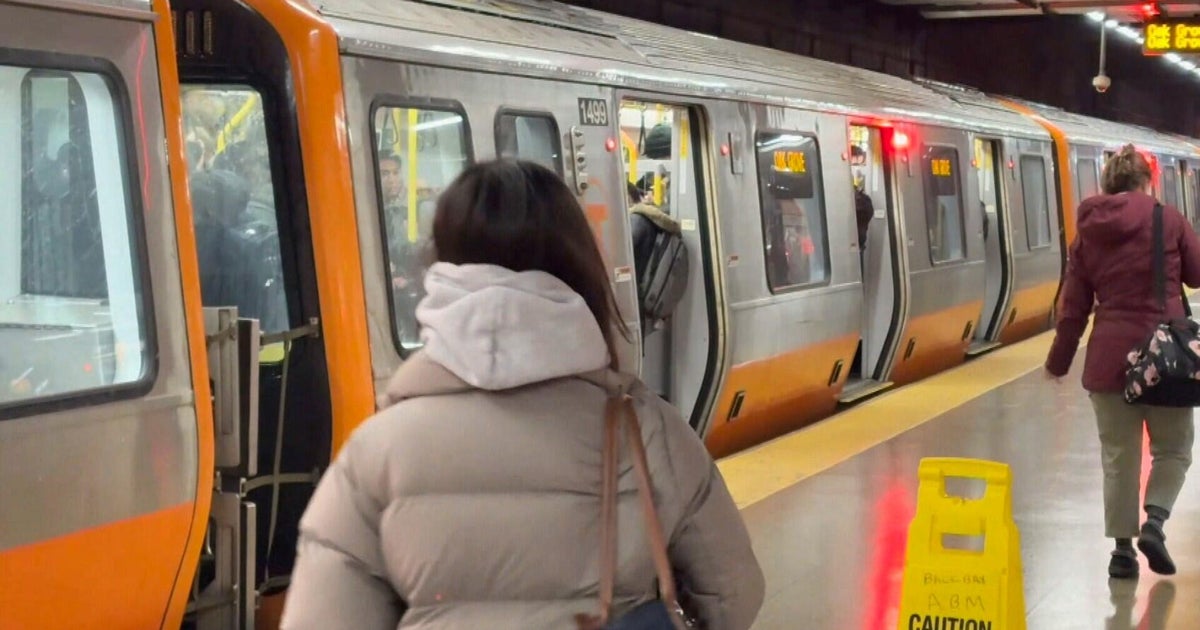Miller Pushes To Share Teacher Pension Costs
ANNAPOLIS, Md. (AP) -- Maryland's practice of paying all teacher pension costs at state expense is "totally nonsustainable," Senate President Thomas V. Mike Miller told a panel of lawmakers as he stressed the need for legislation to shift some costs to local governments.
Maryland is one of the few states in the nation that pays the entire teacher pension cost. The measure would factor in social security payments already made by the counties by making local governments and the state split the total cost of teacher pensions and social security. The teacher pension expense five years ago was $475 million, but the cost has been ballooning over the years, rising to $978 million this year. Miller, D-Calvert, said the state is cutting money for classrooms in order to pay for teacher pensions.
"We're taking a step backwards this year because of the benefits," said Miller, who is sponsoring legislation to split pensions costs.
The Senate president also noted that the cost will rise to $1.3 billion in three years — more than the state spends on higher education.
The Senate president's bill incorporates many of the recommendations by a state commission that studied the state's troubled state pension system last year. Maryland has $19 billion in unfunded pension liabilities and $16 billion in retiree health liabilities.
Gov. Martin O'Malley has included pension reforms in budget legislation this year that would raise contributions from employees with the goal of raising the state's funding of the pension system from 64 percent to 80 percent by 2023, but the governor's plan does not include shifting costs to local governments.
The state's nonpartisan budget analysts are recommending that lawmakers begin some moderate shifting of pension costs to local governments. The proposal by the Maryland Department of Legislative Services would redirect $124 million in federal money allocated to the state last year into teacher retirement funding. Local governments would be required in future years to pay at least $124 million in pension costs, under the plan.
The money is Maryland's portion of federal funds that were sent to states to avoid teacher layoffs. Maryland wasn't facing teacher layoffs, so the O'Malley administration has proposed using the money to offset a one-time reduction in education aid.
"Basically what we're trying to do here is turn a one-time reduction into an ongoing reduction, and this was the best mechanism we could think of to do that," said Warren Deschenaux, director of the nonpartisan agency that reviews state fiscal matters.
Plans to raise state employee pension contributions and talk of shifting the financial burden have been sensitive issues for local governments and teachers.
The Maryland State Education Association injected the debate into the Senate's Wednesday morning session during an annual event marking the birthday of Dr. Seuss. As an oversized "Cat in the Hat" bounded on the dais with Miller standing near, the union's vice president recited a rhyme touching on concerns the teachers' union has about increased pension contribution and cuts to school funding.
Betty Weller addressed the chamber with what she described as a brief message from the Cat in the Hat and the 71,000 educators in Maryland.
"It's no time to rest; it's no time to sleep," Weller said. "The Cat in the Hat has promises to keep; we're happy to be here; it's pleasant to do. Here's hoping lawmakers keep their promises, too."
The union has been sending mailings to teachers saying lawmakers are not keeping promises by rolling back education funding and increasing pension contributions.
Sen. David Brinkley, R-Frederick, said at the end of the session that he believed it was inappropriate for the union to lobby lawmakers from the dais on the Senate floor. Lobbyists are not allowed on the floor of the chamber. Sen. Joseph Getty, R-Carroll, supported Brinkley's objection.
Miller mentioned the episode during his testimony on his legislation.
"We need to keep our promises, but failing to do something is telling a lie, because we're not going to be able to keep our promises unless we fix the system, and the current system is totally nonsustainable," Miller said.
(Copyright 2011 by The Associated Press. All Rights Reserved.)







